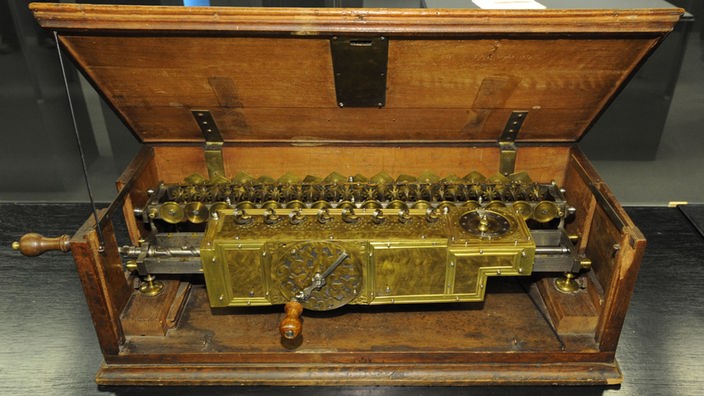

To which we have deemed it necessary to voice our opposition in a timely fashion. For we have learned from our correspondents, that a certain quidam claims to be able to make bones soft and suitable for being eaten by men, without thereby spoling the flesh at all, and that said quidam wishes to send his cooking pots and his entire apparatus to the Court of Hannover so that they may be tried out there. Nevertheless, notwithstanding this great diversity among dogs, which makes them seem almost of different species, the entire body is now united in order to defend one of the most glorious rights our nation has ever had, and which they now wish to steal from us in an undertaking that will have very dangerous consequences. Your Highness will no doubt recall, having read so widely and gained such fine knowledge, that the great Diogenes, called the Cynic or the 'canine' in view of the affection that he gave us, had the custom of declaring loudly that there was sometimes a greater difference from one dog to another, than there is between certain men and certain beasts. We, the undersigned Dogs, the bloodhounds, greyhounds, the sleuth-hounds, the lapdogs, and other dogs, large and small, humbly beg your highness to hear, and to make to hear, our reasons for this important grievance. Request of the Dogs, presented to Mr., French Agent General of Cuisine, and Secretary of State of this body for foreign affairs, currently located in his professional capacity at the court of Hannover. cookery, voyages at sea, confectionary, making of drinks, chymistry, and dying: with an account of the price a good big engine will cost, and of the profit it will afford, by Denys Papin, London: Printed by J.M.

For Papin's description of the machine, in the form of a report to the Royal Society of London, see A new digester or engine for softning bones containing the description of its make and use in these particulars: viz. Leibniz is responding to news of the invention, by Denis Papin, of the pressure cooker, which has been described as being capable of reducing even bones to a soft state in which they can be consumed by humans. Leibniz in early 1680 to his employer, the Duke of Hannover, ostensibly on behalf of the dogs residing at the royal court. This is a satirical request written by G.


 0 kommentar(er)
0 kommentar(er)
